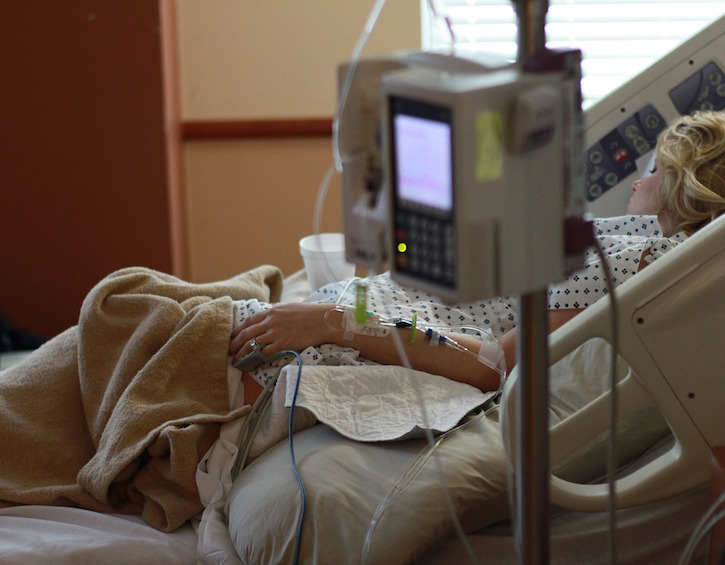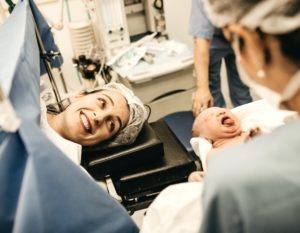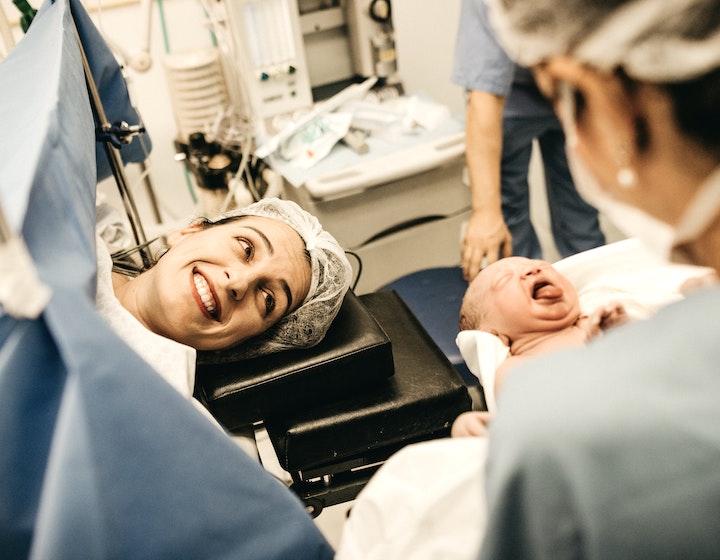

From what they don’t tell you before the c-section operation to recovery tips, real mamas share their experience of having a cesarean section in Singapore (plus why you should read this even if you plan to have a vaginal birth)
That old anecdote of being “too posh to push” is exactly that. Old. According to the World Health Organization (WHO), cesarean sections (also called c-sections) continue to rise globally, now accounting for more than 1 in 5 (21%) of all childbirth (up from just over 12% in 2000). Cesarean sections can be essential to deliver a child safely in situations such as prolonged or obstructed labour or fetal distress, plus a myriad of other reasons however, as with all surgeries, it can put women and babies at unnecessary risk of short- and long-term health problems if performed when there is no medical need.
Read More: How to Have an Intervention-free Birth
There’s still a lack of open discussion about cesareans in birth preparation classes and the stigma attached to c-sections doesn’t help those mentally preparing for an elective c-section. Because of this lack of openness, some may be left feeling like they have failed if they end up having an emergency cesarean (which you most certainly have not, mama).
That said, we are not promoting c-sections in this article, though we are promoting being informed about them (even if you are planning and hoping for a vaginal birth – as if you do end up needing an emergency c-section we found that being mentally prepped helped with recovery). Read on for cesarean tips from prepping yourself, to things to know during your c-section, scar management and more!
Jump to:
1. Cesarean section: planned (elective) c-section vs emergency c-section
2. Reasons for having a cesarean section
3. Why being informed about c-sections helps
4. Cesarean Tips and Personal Stories by Mums in Singapore
– Prepping yourself for a c-section
– Cesareans: What they don’t tell you
– Recovery and post C-section tips
– Cesarean scar management
– C-Section extras for your Hospital Bag
5. Meet our C-section Panel of Mums
What is a cesarean section (c-section)?
- A cesarean section (c-section) or cesarean delivery, is the surgical procedure by which a baby is delivered by an incision in your abdomen (above your bikini line) and womb.
- Planned c-section: If you know you will need a c-section for medical reasons before you go into labour, this is called a planned (elective) c-section. In Singapore the names ‘planned’ and ‘elective’ c-sections are used interchangeably however in some countries a c-section that is requested for non-medical reasons is called an ‘elective’ c-section vs. a planned c-section is one planned ahead for medical reasons.
- Emergency c-section: takes place if you have an unplanned c-section before or after the onset of labour. This happens if there is a health risk to the mother and/or baby.
Read More: Birth Story: How I Had a Natural Breech VBAC Birth in Singapore
Reasons for having a cesarean section in Singapore
There are many reasons you may have a planned cesarean. In certain circumstances it can be medically necessary for the safety of the baby or mother. These include:
- Physical complications with baby or mother during pregnancy or labour
- Certain foetal positions
- Placenta Previa or other placenta problems
- If you are expecting multiple babies
- Previous c-section (within 18 months)
There has been an increase in cesareans in recent decades. According to WHO, this is possibly because ‘Caesarean section has become a very safe procedure in many parts of the world to the point of considering it almost infallible. Some of the most omnipresent reasons behind this rise are the fear of pain during birth including the pain of uterine contractions, the convenience to schedule the birth when it is most suitable for families or health care professionals… In some cultures, caesarean section allows choosing and setting the day of the birth according to certain beliefs of luck or better auspicious for the newborn’s future… In addition, in some societies, delivery by cesarean section is perceived to preserve better the pelvic floor resulting in less urinary incontinence in the future or sooner and more satisfactory return to sexual life.’
Read more: Costs of Giving Birth in Singapore
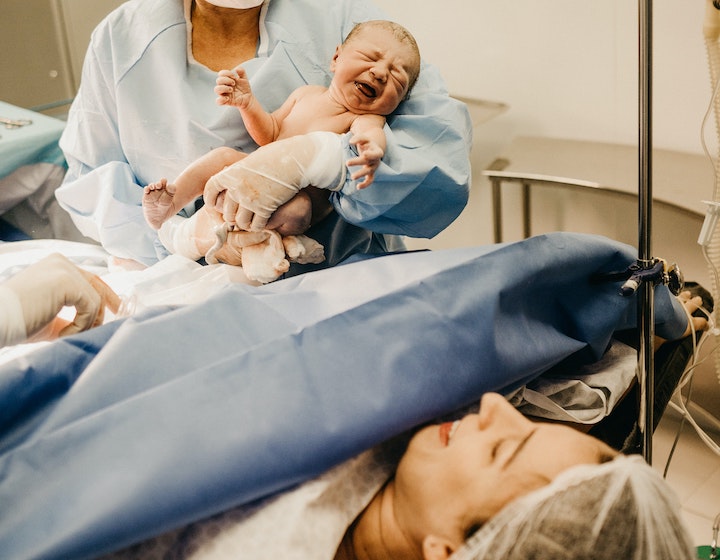

C-sections – be informed
Having a cesarean is not the ‘easy option’ when giving birth and there can be risks to both mother and baby, as with any surgery. There is also research to indicate that babies born before 39 weeks via c-section can experience breathing difficulties (that usually improves within days). Furthermore a cesarean section is detrimental to baby’s normal gut microbiota development and new research shows that ‘delivery by caesarean section was associated with more than a doubled risk of later asthma and allergies, as well as significant changes in the composition of the gut microbiota. However, at one year of age, the risk of asthma was reduced in c-section-born children if their gut microbiota had recovered from its initial disruption and begun to mature normally’. If you have concerns about your baby’s microbiota and allergies/asthma, you can look into ‘vaginal seeding’ (exposing babies born by c-section to vaginal bacteria) or a ‘fecal transplant’ – although we are unsure if any doctors in Singapore are open to this or whether it works.
Read More: Birth Story: How I Had a Natural Breech VBAC Birth in Singapore
Bring prepared for a c-section helps have a positive birth experience
So while we are definitely not advocating for medically unnecessary c-sections in this article, we are for respecting medical advice and each mother’s decision when it comes to giving birth and parenting. We found mums who were clued up ahead of time on what to expect in a c-section had a more positive attitude to their birth experience and had an easier recovery from their caesarean. So here, mama-to-mama is our ultimate c-section guide with tips from mamas who have all had cesareans – elective, planned and emergency.
Guide to a cesarean section in Singapore
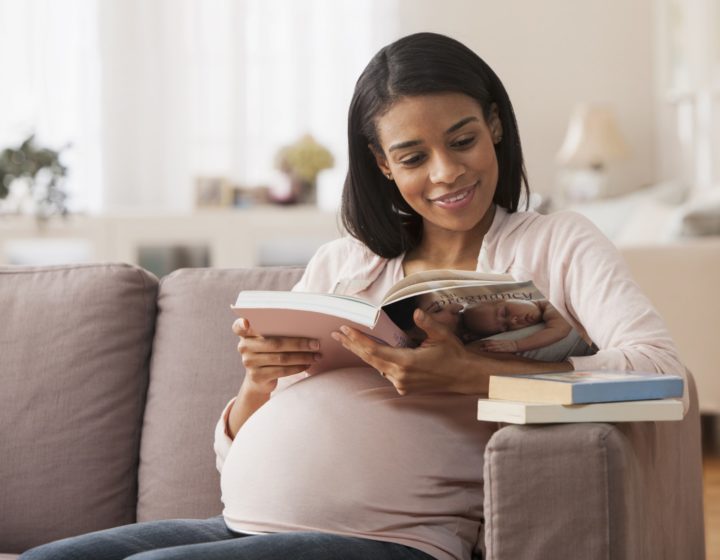

Prepping yourself for your c-section
“Prepare yourself emotionally for a c-section if you know you will need one. Speak with friends who have been there to help come to terms with it if it is not your chosen birth option. You have not failed. I was disappointed when I was told I would need a c-section and struggled with it until my sister said it doesn’t matter how the baby comes into this world, as long the baby and I were safe! These words hit home as prior to that I was focusing my energy on trying to get the baby to turn from its breech position, rather than mentally adjusting to what was going to happen.” Pamela
“I recommend these two books – “The Essential C-Section Guide: Pain Control, Healing at Home, Getting your Body Back and Everything Else You Need to Know About a Caesarean Birth” by Maureen Connolly and Dana Sullivan and “Strategies for the C-Section Mom: A Complete Fitness, Nutrition and Lifestyle Guide” by Mary Beth Knight.” Sunita
“Ignore people who feel the need to criticise your decision to have a planned c-section. I had a few people ask me why I was not having a “natural” birth – but what is a “natural” birth? I think most people in the first world will have some level of medical intervention.” Ursula
“Obviously having a planned c-section is a very different experience to having one in an emergency: there is time and space for you to prepare mentally for what is about to unfold, and the speed of the process is to a certain extent dictated by you. The nervousness, excitement and elation is common to any birth, but my personal experience with a planned c-section felt special and true to me.” Pippa
“Keep an open mind – my emergency c-section left me feeling disappointed – mainly because I wasn’t awake for my daughter’s birth as it was under GA. My doctor offered counselling, but I found talking to a friend who had a similar emergency c-section was the best way of processing my experience. As you can’t prepare for an emergency situation, it’s important to give yourself time to ‘heal’ after your experience – for both you and your husband”. Hayley
“I wish I had had the opportunity to fully debrief and understand what happened during the emergency c-section with the obstetrician. I think this would have allowed me to process the experience and to not let it overshadow the wonderful arrival of my first baby.” Ursula
“Research c-sections, even if you plan a natural birth. Six out of eight of our prenatal group had a planned or emergency c-section, but we only spent half a session glossing over them. Being convinced my friend was having a water birth meant she had done little research and went into surgery for an emergency C-section with no idea of what to expect, and as a result, she took a long time to come to terms with her birth experience which affected her recovery.” Beate


Pre c-section practical tips
“I attended a pre-natal Pilates class twice a week. It was fantastic for maintaining core strength, which I am sure contributed to my quick recovery.” Carla
“Consider a full “all off” waxing to avoid any undignified bedside shaving pre op (incision site needs to be clear)”. Pippa
“I am sure that my quick recovery from the planned C-section (both mentally and physically) was due to the fact that during my second pregnancy, I kept up with a fitness plan right until the final week and did not put on so much weight. Feeling strong and healthy going into hospital gave me a positive attitude.” Ursula
During the c-section tips
“I didn’t have skin-to-skin immediately, so after a quick cuddle (both of us wrapped in blankets, it is FREEZING in the operating theatre) my husband accompanied the baby for medical checks, which we prioritised. Also, if your husband chooses to follow the baby to the nursery for the medical checks, get him to wear a button-down shirt for easy access ‘skin-to-skin’ with the baby.” Sunita
“I had requested ‘skin-to-skin’, but I was only able to hold Ada for a couple of minutes before she and my husband left the room whilst they stitched me up. I understand it is standard procedure at Thomson Medical Centre now for babies delivered by C-section to be monitored for a couple of hours after birth. Not seeing or holding Ada for three hours was particularly difficult as with my first natural birth, Noah didn’t leave my arms after being delivered.” Pamela
“I was adamant I wanted skin-on-skin and put this in my birth plan (yes, you can still write out a Birth Plan for C-sections!). Luckily I managed to keep the baby with me from immediately after birth (after which the baby was taken with my husband for quick checks while I was being stitched up) to inside the recovery room (where nurses helped with breastfeeding) to our room. Planned c-sections can still be a magical birth experience that needn’t feel like an ‘operation’ with the right support and staff.” Beate
Cesareans: What they don’t tell you
“I hadn’t really expected to have the post partum vaginal bleeding having had a c-section. Bring your own sanitary pads, as the hospital ones can be old fashioned.” Hayley
“You will not be allowed to shower until Day 3. Hospital check-outs in Singapore can take up to four hours! Get your partner to go down to inform the staff to start the process as soon as possible! If paying privately, it may be helpful to inform the bank beforehand (and to increase the credit card limit if necessary) so that the transaction, which may run into the thousands, is processed without a hitch.” Sunita
“I found recovery harder after a c-section than ‘natural birth’. I couldn’t bend over, sit up or put my own underwear on for the first week! I was also not able to carry my toddler for the first 4 weeks. The pain killers I needed to take for the week following my c-section made me constipated and my legs and feet were swollen for about two weeks.” Pamela
“Okay, everyone is skirting around this, but it has got to be said! One of the great things about a c-section is that your ‘v-jay-jay’ stays intact!” Sunita
“I had to have an enema which I was NOT anticipating and was NOT happy about- this only happened in Singapore.”
“I was surprised by the amount of fundal pressure (where they push down on your stomach to help push the baby out) during the operation, as well as how much general poking and prodding there was.” Carla
“The doctors don’t always wait for your partner to be in the operating theatre to administer your epidural pre C-section.” Beate
Recovery tips
“Keep a plastic stool in your shower at home so that you can sit and shower your lower half and then your upper half without getting your incision wet. Placing a couple of hand towels over the incision bandages helps to keep the area dry.” Sunita
“Stay in hospital as long as you can! At the end of the day it’s major surgery – take it easy on yourself and don’t push yourself too hard. I would make sure I arrange to have another family member on hand to help and allow myself a few days of rest after the birth.” Carla
“I found the “football hold” useful for breastfeeding after a c-section as it didn’t put pressure on my scar.” Hayley
“Don’t skip a round of pain meds – in fact, take your pain medication before the last dose wears off completely. The epidural and morphine last longer than you think and even 24 hours later, I felt pretty pain-free and was a bit blasé about taking the drugs. Having been through invasive surgery however, it will soon start to smart!” Pippa
“I invested in a pair of SRC Recovery Shorts, which provided a more comfortable alternative to the usual tummy bands. They provided the right level of compression and I wore them everyday for two weeks following the c-section.” Ursula
“Buy gloriously big granny pants (Guardian and Watsons sell cotton disposable ones) as these will cover your scar post-op, as well as cradle the sanitary pads. Move or shuffle about as soon as you can and drink prune juice/eat fibre (though not too much as this can cause gas build-up) – they won’t let you out till you have performed the necessary bowel motion – which may necessitate giving you a suppository!” Pippa
“The disposable Guardian briefs didn’t work for me – depends on your size. If you are anything other than Asian size S-M, you may be better off with M&S full briefs.” Beate
“I recommend having a side cot that can attach to the side of the bed to make it easy to pick up and put down the baby whilst you’re resting.” Ursula
“The IV drip that is inserted stays on you post op while you are in hospital to administer antibiotics and saline solution for hydration often leaves you with A LOT of water retention. After giving birth to a 3.4 kg baby, I weighed myself when I got home (don’t do it!) and had only lost 2kg! Go figure! Drink as much water as you can and stock up on watermelon to flush out the water retention. ” Beate
Cesarean scar management
“Everyone is always so concerned about the size and appearance of c-section scar – but what you don’t realise until afterwards is that here is an overhang of skin and tummy that has proven to be more of an issue in the years after a c-section, than the actual scar itself” Beate
“I was pleasantly surprised by how quickly my scar healed with lashings of Bio-oil. I donned an elastic corset which my hospital provided and despite being warm and rigid, it stopped me from over-extending and took pressure away from the scar. Belly Bandit or Bellefit are very popular ones, but you can get cheaper abdominal supports in bigger branches of Guardian and Watsons, which do the job just as well.” Pippa
“I still shudder at the sight of my scar and it is tender to touch six months later. I’d recommend applying a good scar cream as early as possible to help the scar heal.” Pamela
“I am extremely happy with my scar which, 2.5 years later, is barely visible and completely flat. I used the Dermatix scar gel provided by my doctor religiously post-delivery. Although expensive, it’s magic stuff. ” Carla
“If you have to sneeze, cough, or laugh use a pillow to press against your stomach muscles- somehow it helps! Get moving as soon as you are able to – wiggle your toes, bend your knees, rotate your ankles. For your first walk, hold yourself as straight as you can. Don’t be tempted to hunch over – hunching will leave that area healed tight and not fully stretched to normal. ” Beate
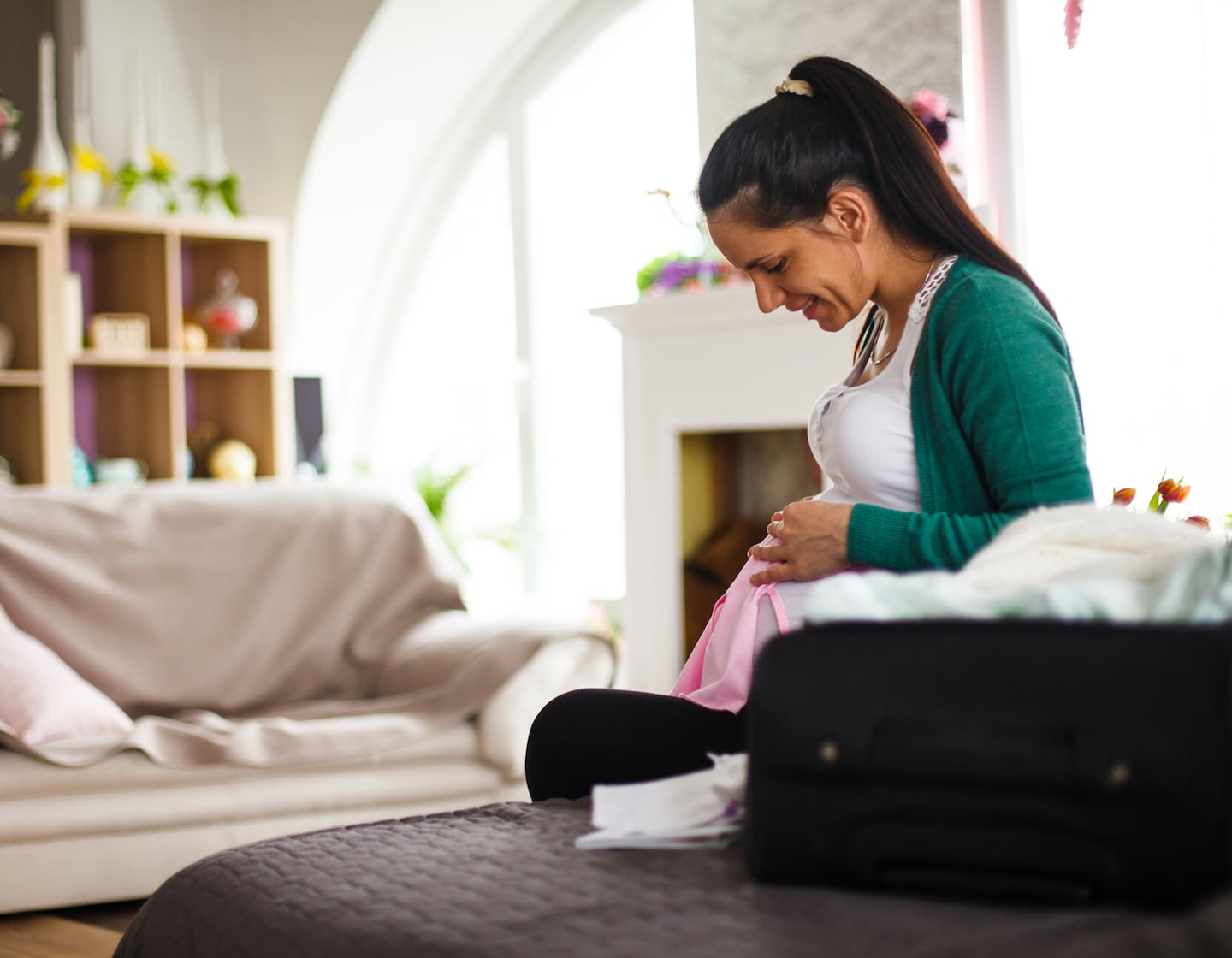

C-section extras for your Hospital Bag
1. Slip on shoes – nothing that requires bending down to do up
2. Sanitary pads – heavy flow with wings – you don’t need maternity ones
3. Cardigan or robe – it gets cold with the air con
4. Peppermint tablets – helps with gas
5. DVT socks
6. Belly band or hospital grade corset – some wear this months after the op, others choose to try not wear too long so stomach muscles support themselves. Either way, it’s a comfort for the first week or so
7. Really stretchy loose underwear – at least two sizes bigger than your normal size. Choose full briefs (rib ticklers) – M&S do a good pack
8. Loose fitting pyjamas or yoga pants that come up over the scar area. Assume you will still look 5 months pregnant so don’t bring your pre-pregnancy clothes
9. Your own shower gel and shampoo –great smelling products can lift your spirits when you are feeling sore and tender
10. Comfort food/snacks
11. Birth Plan – download a template by clicking the button below
Download Birth Plan Template!
Post c-section: When can you start exercising?
If you’ve had a c-section delivery, wait before you start your exercise regimen again until at least six weeks postpartum, after you’ve visited your health care provider. It’s always good to check that your diastasis recti have healed – some doctors do not check this but we recommend you get a physio to check for you.
“I recommend the Erin O’Brien Complete Pregnancy Fitness DVD – specifically the Postnatal Rescue section – it only lasts 15 minutes – perfect for busy tired mums!” Sunita
“Being a keen runner and feeling good at 5 weeks post-op, I hit the pavements. In all honesty I had jumped the gun. No horror stories but for conducive internal healing (c-section is a major operation where the surgeon cuts through several layers of muscle) so don’t over do it. Stick to low impact exercise initially!” Pippa
“I wore the hospital-provided corset for a number of weeks post-delivery. It provided comfort and compression to the incision area. I also believe it contributed to regaining shape and reducing my tummy. I started exercising at 10 weeks with (very) slow jogging and personal training sessions.” Carla
Our C-section mama panel


Birth History: I had a natural birth (with epidural) for my first. But for my second delivery, as my girl was flexed/complete breech, I was scheduled for a C-section. I went into labour before the planned date and as my baby was still breech with the umbilical cord around her neck, I was told I needed to have an emergency C-section (albeit without GA so I would be awake).
Comparing C-Section to another Delivery: Childbirth is scary and I found the procedure of a C-section particularly terrifying. I am a control freak at the best of times and had not previously been on the operating table. I found the lack of control (compared to natural childbirth) and feeling of helplessness overwhelming and cried through the entire procedure. Having no feeling or sight of what was happening (as they put up a sheet so you don’t see the procedure) made me feel exposed. Plus as I was anticipating having a planned C-section, I was not emotionally prepared to have an “emergency” C-section.


Birth History: I always wanted a natural birth without drugs and epidural. During my first labour, I got to 8cm dilation on gas and air, but when my baby’s oxygen and heart rate dropped, they broke my waters and found meconium present so I needed an emergency C-section. As I hadn’t had an epidural, it was done under General Anaesthetic. I met my baby two hours later. It took me months to get over the fact that I wasn’t awake for her birth and wasn’t the first to hold her. I felt like I had ‘failed’ having got so far down the line, but not making it all the way.
Comparing C-Section to another Delivery: For my second delivery, my doctor was supportive of me having a VBAC. I was six days overdue, so I had a C-section scheduled for the following week. I had come to terms with this since it was planned and I knew I would be awake for it. Hearing my baby’s first cry and seeing her be born was magical for myself and my husband – something we had missed out on the first time around (as husbands are not allowed in the operating room for emergency C-sections under GA).


Birth History: I had an elective C-section for both my children. No physical medical reason aside from the fact that I did not want to go through labour and I liked that with an elective C-section, I could schedule the birth date. I found it surprisingly difficult to find people who were supportive of me having an elective C-section. I felt judged for not wanting to go through labour and made to feel that my educated, informed decision for my body and my baby was not valid or the “right” thing to do.
Comparing C-Section to another Delivery: I recovered well from both my C-sections. I think the key to a fast recovery is keeping fit and active with a strong core between pregnancies. My doctor cleared me to go for gentle walks with the dogs after 1 week, jogs after 5 weeks and sit-ups after 12 weeks.


Birth History: Planned C-section due to breech positioning.
Comparing C-Section to another Delivery: The planned aspect of a scheduled C-section did appeal to my control-freak tendencies and the tried and tested success and, surprisingly, speedy recovery time of my first caesarean dictated my choice for a ‘through the sun-roof’ delivery for my second imminent arrival.


Birth History: I was induced at 38 weeks because of back pain that I could no longer manage. Labour did not progress well and after my waters were broken, my blood pressure dropped and my baby went into distress. Within 20 minutes, we were in the operating theatre. I had already had an epidural before my waters were broken, so I was able to be awake for the C-section. The transition from delivery suite to operating theatre was less than ten minutes. My doctor and the hospital staff were so calm and reassuring.
Comparing Your C-Section to Another Delivery: I did not hesitate to have a scheduled C-section for my second child. I am very comfortable with the process and the recovery based on my experience.
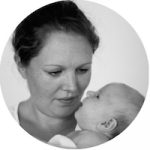

Birth History: I had an emergency C-section when delivering my first. After 12 hours of labour, he was “stuck” and it was not possible to deliver him vaginally. I had a spinal anaesthetic and he was out within 15 minutes of agreeing to a C-section. With my second child, I elected for a planned C-section with spinal anaesthetic for a number of reasons. I wanted to avoid what was a traumatic and disappointing experience of natural labour that had ended with an emergency C-section anyway. I also discussed my options with friends and my obstetrician and the resounding feedback was that the birth and recovery with a planned C-section would be very different.
Comparing Your C-Section to Another Delivery: Recovering from the planned C-section was much quicker than the first time and as quick as many of my friends who have delivered vaginally. I was able to walk around the hospital room within 24 hours and by the time I was home after 3 days I felt comfortable pushing the pram around the corner to get a much-needed coffee! The fact the birth was scheduled allowed me to prepare mentally.


Birth History: I was disappointed to find out that I needed to have an elective C-section due to back issues and a low-lying placenta. However as D-Day neared and after getting used to the idea and knowing that my Doctor respected important birth plan wishes (like skin-to-skin and rooming in), I started to feel positive about it and was just excited to meet my baby. Knowing exactly when I would, to the minute, was a bonus!
Comparing C-Section to another Delivery: Due to the same back issues a C-section was my only option from the outset for no.2 – this time it was my preferred delivery anyway, being the one I knew.
Thank you to all the mums who shared their very personal birth stories with us to help other mums with their birth experience.
Read Part Two Here: All about pre and post C-section exercise routines and some invaluable local Singapore resources (including wraps and massages!) to help you recover from your birth.
 View All
View All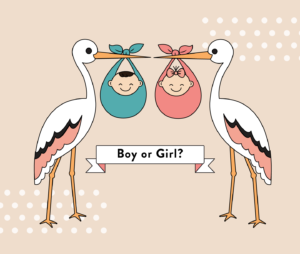

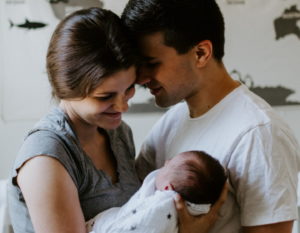
 View All
View All


 View All
View All

 View All
View All
 View All
View All


 View All
View All



